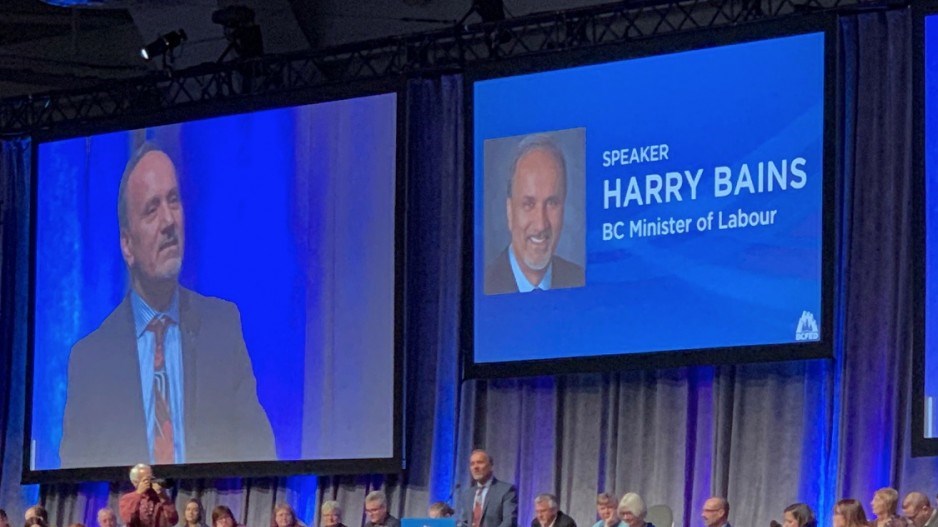Employers are bracing in the wake of B.C. Labour Minister Harry Bains’ promise to delegates at the recent BC Federation of Labour convention that he will introduce legislation next spring to revamp the province’s Employment Standards Act and “address some of the very critical issues for the working people.”
The last overhaul of the act that governs B.C.’s non-union workers took place 24 years ago, and there is widespread agreement that it needs to be updated to recognize how technology has transformed work since then, and to address the rise of the gig economy.
One thing Bains will be able to look at is a British Columbia Law Institute (BCLI) report with 71 recommendations, which was released Dec. 10. Slated for release next spring, that will have specific recommendations as to how the act should change.
BCLI senior staff lawyer and project manager Greg Blue and his team of volunteers have been consulting and getting feedback on potential changes to the Employment Standards Act since 2014, when various labour and employment lawyers urged the BCLI to study the issue, he said.
Bains became labour minister last year and Premier John Horgan directed him to make updating the act part of his mandate.
Some moves that the NDP government has already made may have pre-empted potential BCLI recommendations for changes to the act, Blue said.
For example, the NDP earlier this year changed the Employment Standards Act to include longer unpaid leave for workers caring for a dying family member, to allow pregnancy leave to begin earlier and for parental leave to be taken for a longer period.
Parental leave changes, for example, include a new unpaid leave category of up to 52 weeks for a parent whose child is missing as a result of a crime. Another change was to allow unpaid leave of up to 104 weeks if a worker’s child under the age of 19 dies. Prior to this new provision, the act required employers to provide only three days of unpaid bereavement leave.
Bains also, in October, brought in legislation to protect temporary foreign workers, and what he called “good employers,” by creating a registry and requiring that recruiters in this category be licensed.
“Most employers are good, fair and follow the law,” Bains said at an October 23 press conference. “The few bad apples that don’t follow the rules garner an unfair competitive advantage over those that do. So this law also sets out a level playing field.”
Blue said that the current Employment Standards Act could still be changed to provide more protection for other vulnerable workers, such as children.
Blue said one part of the act that has become out of date is the section on vacation pay, which states that employers must pay vacation pay to an employee “at least seven days before the beginning of the employee’s annual vacation.”
The widespread practice in B.C. is for businesses to pay vacation pay to an employee during their vacation, at the regular pay period.
“I’ve never encountered an employer paying vacation pay seven days in advance of the vacation,” he said. “That’s an example that when legislation gets out of whack with what’s done in the real world, it needs to be overhauled.”



